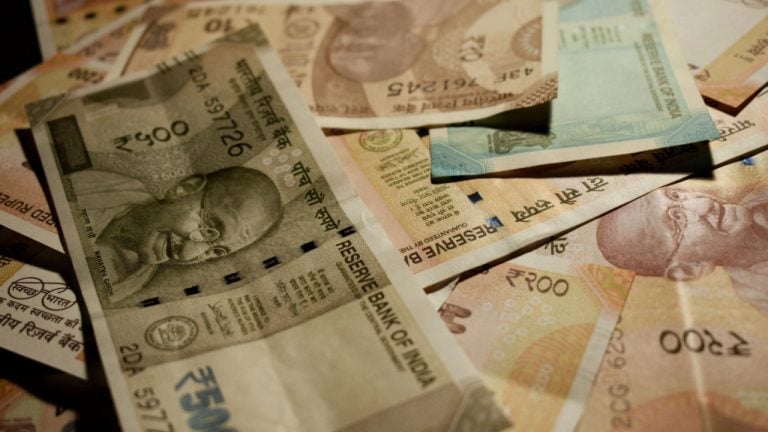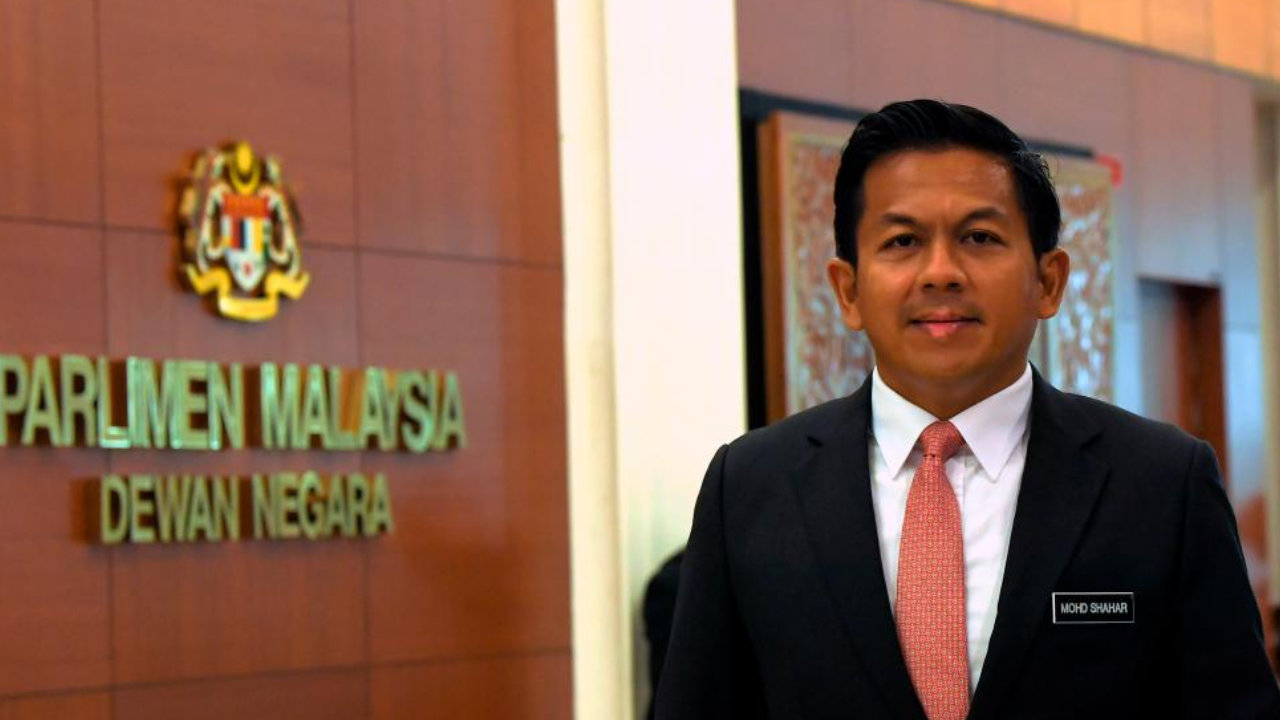
The new exchange was founded by an executive from Malaysian market leader Luno. It will target investors, businesses, and high-net-worth individuals.
The Malaysia-based Hata has received in-principle approval from Securities Commission Malaysia (SC) to register as a Recognized Market Operator (RMO) as a digital asset exchange and digital broker. The approval means Hata could launch its services in six to nine months.
Hata will become the fifth regulated digital asset exchange in Malaysia and the first legal entity to receiveapproval as a digital broker, allowing it to display trade orders from other regulated exchanges. Hata also received a money broker license from the Labuan Financial Services Authority in June, allowing it to exchange USD. The Labuan International Business and Financial Centre is a special economic zone.
Related: Malaysia enlists China to help end USD dependence for trade
Hata was co-founded by David Low, who left Luno, Malaysia’s largest crypto exchange by far, in April. Low oversaw Luno’s debut as Malaysia’s first digital asset exchange in 2019. Low said in a statement:
“We plan to make digital assets investing easier for institutional investors, businesses, and high-net-worth individuals in Malaysia.”
Other crypto exchanges have tried to crack the Malaysian market. SC ordered Binance to cease operations in the country in July 2020 for lack of RMO status, although the exchange did not close down there until a year later. Binance found its way back to Malaysia in March, when it bought a stake in RMO MX Global. Huobi Global (now HTX) was told to close in Malaysia in May, also for not registering with SC.
David Low-Led Hata to Become Malaysia’s 5th Regulated Digital Asset Exchange https://t.co/dj1AdDzuXG#fintech #blockchain #digitalaseet
— FintechNews Malaysia (@FintechNewsMy) October 9, 2023
Malaysians also have the option of trading crypto on an app offered by Kenanga Investment Bank Berhad. The large private bank partnered with China’s Ant Group in August 2022 to launch a wallet and trading app.
Magazine: China expands CBDC’s tentacles, Malaysia is HK’s new crypto rival: Asia Express









